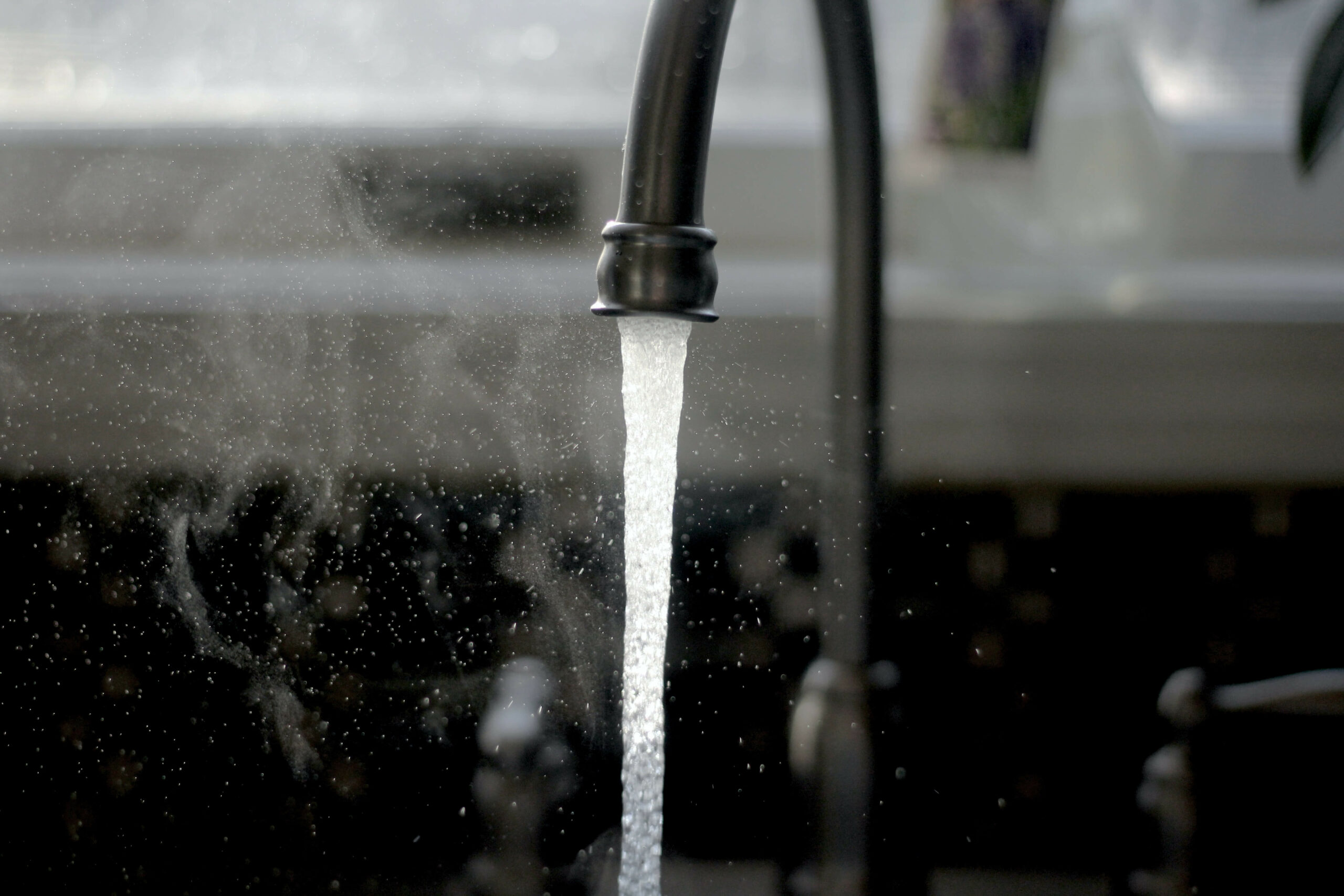On the 7th October, the UK Government unveiled their plans to decarbonise all UK power systems by 2035. As a plumber in Bury St Edmunds, many of my conversations with customers will feature green energy.
You can read their press release here but I’ve dug out the highlights:
- UK commits to decarbonise electricity system by 2035
- home-grown, green technologies such as offshore wind and nuclear energy will support the UK to transition away from reliance on fossil fuels
- it comes ahead of the publication of the government’s net zero strategy as the UK prepares to host the UN COP26 climate summit later this month
The past 18months have been tough for all, and while news surrounding the recent fuel shortage shines a rather gloomy picture:
- The price of natural gas in the UK has increased more than 420 per cent year on year
- Seven is the total number of failed energy suppliers in the past year
- Bills for end users are forecast to rise 20 per cent, according to Citigroup
…The energy industry’s trade body ‘Energy UK’ has released their last annual report which paints a greener, more promising future for both business and consumers.

Soon, plumbers in Bury St Edmunds and beyond will be transitioning to hydrogen boilers – a low carbon alternative. Recently, I’ve been fielding more and more questions about what is going to happen and what deadlines have been set by the industry and Government.
How much is a hydrogen boiler?
How does green energy work exactly?
How soon can you install a greener boiler?
I live in Suffolk, how do I know if I need a hydrogen boiler?
Please don’t hesitate to drop me an email and I’ll get back to you as soon as I can.
Extra reading
Below is some info lifted from the Worcester Bosh web site regarding the transition to Hydrogen
As we move closer to net zero 2050, hydrogen can play a major role in the future of home heating.
Hydrogen-ready boilers are being included in public discussions, trialled in several test sites, and considered by many European countries as one of the most promising routes to decarbonisation.
Indeed, many countries are now looking at removing gas, oil, LPG, and coal in its current form to replace it with zero or low carbon alternatives such as hydrogen.
Considering that approximately 23% of the UK’s carbon emissions come from domestic use including hot water and heating, it is a key area to address if we are to achieve government targets.
In the UK, the two technologies best positioned to replace gas and oil in its current form are heat pumps and hydrogen-ready boilers, with the latter likely being the most practicable for existing homes.



